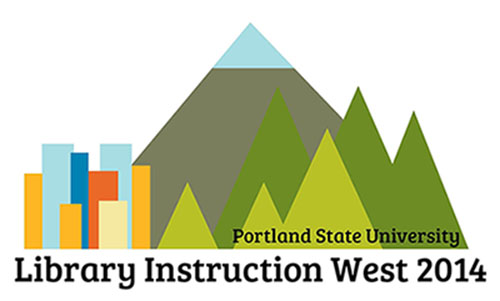Location
Portland State University, Portland, Oregon
Start Date
7-24-2014 11:15 AM
End Date
7-24-2014 12:15 PM
Subjects
Information literacy -- Study and teaching -- Congresses, Library instruction, Literacy -- Congresses
Description
To align information literacy instruction with changing faculty and student needs, librarians need to expand their conceptions and competencies beyond traditional information sources. In the sciences, this increasingly means integrating the data resources used by researchers into instruction for undergraduate students. Open access repositories allow students to work with more primary data than ever before, but only if they know how and where to look. This presentation will describe the development of classes designed to scaffold student learning in biology across two courses, detailing the long-term collaboration between a librarian and an instructor that now serves over 500 students per semester. In each class, students are guided through the discovery and analysis of scientific data from multiple sites, encouraged to integrate text and data sources, and supported in completing research assignments. The session will invite participants to discuss the challenges and benefits of working with data resources.
Persistent Identifier
http://archives.pdx.edu/ds/psu/14520
Included in
Using Open Access Resources in Data Literacy Instruction: Renewing the IL Curriculum by Aligning It with Changing Needs
Portland State University, Portland, Oregon
To align information literacy instruction with changing faculty and student needs, librarians need to expand their conceptions and competencies beyond traditional information sources. In the sciences, this increasingly means integrating the data resources used by researchers into instruction for undergraduate students. Open access repositories allow students to work with more primary data than ever before, but only if they know how and where to look. This presentation will describe the development of classes designed to scaffold student learning in biology across two courses, detailing the long-term collaboration between a librarian and an instructor that now serves over 500 students per semester. In each class, students are guided through the discovery and analysis of scientific data from multiple sites, encouraged to integrate text and data sources, and supported in completing research assignments. The session will invite participants to discuss the challenges and benefits of working with data resources.


